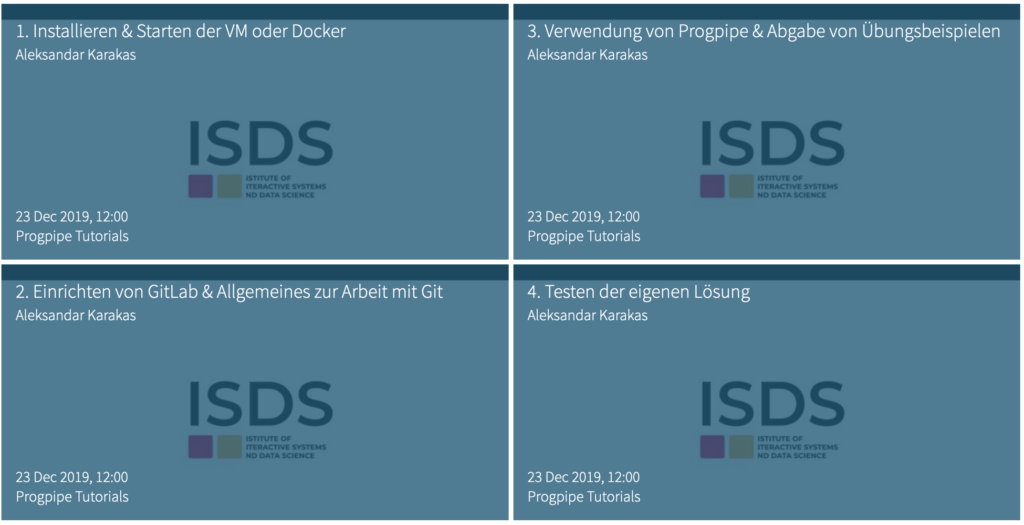Our publication about „Concepts for E-Assessments in STEM on the Example of Engineering Mechanics“ got published in the International Journal for Emerging Technologies in Learning (i-JET).
Abstract:
We discuss if and how it is possible to develop meaningful e-assessments in Engineering Mechanics. The focus is on complex example problems, resembling traditional paper-pencil exams. Moreover, the switch to e-assessments should be as transparent as possible for the students, i.e., it shouldn’t lead to additional difficulties, while still maintaining sufficiently high discrimination indices for all questions. Example problems have been designed in such a way, that it is possible to account for a great variety of inputs ranging from graphical to numerical and algebraic as well as string input types. Thanks to the implementation of random variables it is even possible to create an individual set of initial values for every participant. Additionally, when dealing with complex example problems errors carried forward have to be taken into account. Different approaches to do so are detailed and discussed, e.g., pre-defined paths for sub-questions, usage of students’ previous inputs or decision trees. The main finding is that complex example problems in Engineering Mechanics can very well be used in e-assessments if the design of these questions is well structured into meaningful sub-questions and errors carried forward are accounted for.
[article @ ResearchGate]
[article @ Journal’s Homepage]
Reference: Orthaber, M., Stütz, D., Antretter, T., Ebner, M. (2020) Concepts for E-Assessments in STEM on the Example of Engineering Mechanics. International Journal for Emerging Technologies in Learnig. 15(12). pp. 136-152



